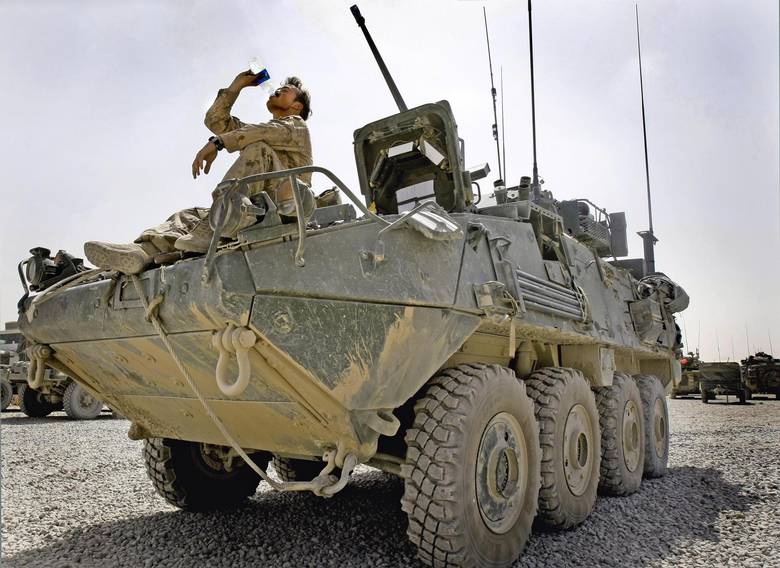Canadian Prime Minister Justin Trudeau recently faced increased pressure to put a stop to the sale of LAVs (Light Armored Vehicles) to the Saudi National Guard. Thus heightened pressure comes partly as a result of a recent poll conducted by The Globe and Mail. The poll’s results reveal that the majority of Canadians believe that ensuring arms exports go only to countries that respect human rights is a higher national priority than creating jobs for an additional 3,000 Canadians. Canada is not the first state to receive global criticism for proposing military deals with Saudi Arabia. On 4 January 2016, UK MPs requested a halt to UK-Saudi military transactions due to UN reports that confirmed systematic human rights violations against the civilian population in Yemen.
As the humanitarian crisis continues along the Saudi-Yemen border, so does the international political pressure on politicians who support weapons transactions with Saudi Arabia. In an article about the sale of UK military equipment to Saudi Arabia, Global Research journalist Felicity Arbuthnot stated, “It is more than possible to speculate why Prime Minister David Cameron has declared it his mission to scrap the Human Rights Act – which is incorporated into the European Convention on Human Rights – it appears he simply does not believe in human rights.” Arbuthnot’s comments came shortly after UN reports confirmed that warring parties had violated international law by targeting civilian populations. According to international law, it is illegal to sell military equipment to a country where it is likely that the equipment may be used in violation of human rights.
William Jay is an Advocacy Intern at ADHRB





